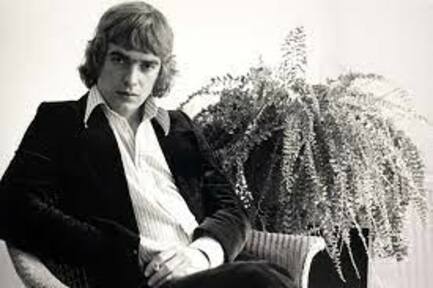On talent - Alan Jenkins in TLS:
‘In the Foreword to The War Against Cliché: Essays and reviews 1971-2000, a career-spanning collection of his journalism (literary and other), Martin Amis recalled how, when they started out in the early 1970s, he and his friends and colleagues touchingly assumed that literary criticism was as essential to civilization as literature itself was. Furthermore, “the most fantastic thing about this cultural moment” was that, in the debate between the Two Cultures, Art vs Science, “Art seemed to be winning”.
We all know what happened to that. Forces economic, social and political, in particular the “forces of democratization” – “incomparably the most potent in our culture” – doomed criticism to irrelevance, and were now moving against literature. “You can become rich without having any talent (via the scratchcard and the rollover jackpot)”, Amis writes; “You can become famous without having any talent (by abasing yourself on some TV nerdothon …). But you cannot become talented without having any talent. Therefore, talent must go.”’
(…)
‘The comic novel languished on provincial campuses, and no matter how entertaining and funny it sometimes was, it could never fully disguise its authors’ fear that real life was elsewhere. (As, in a literary sense, it certainly was: in America, North and South, and, for me, in France.) In Britain, or more particularly Inger-land, freshness and energy seemed in short supply.’ (…)
‘The wound that 9/11 delivered to the primary narcissism of the post-Enlightenment West forced a new reality on him as on everyone: the threat to civilization no longer seemed to come from the Soviet Union, as his father Kingsley and father figures such as Robert Conquest and Philip Larkin had believed it did, but from a different source altogether, an even more terrifying one.’
(…)
‘One of the cruellest ironies of his career, it seems to me, was that he was regularly saluted, even exalted, by reviewers – by what was left of the literary criticism he had once believed in – for his “style”, at the same time as he was castigated (in the last decades of the twentieth century!) for poor “plotting”, for unconvincing or “unlikeable” characters, for his misanthropy, his “cruelty”: as if “style” was something he added on after the hard graft had been done and (in these estimations) had fallen short.’
(…)
‘But I mourn his loss, which is a loss to us all, British or American, who care about art, about sentences and the novels and essays built from them, about talent, and about Martin’s great abiding instinct, the belief on which he built his life: “Writing is freedom”.’
Read the article here.
Thera a few enchanting sentences here. That writing is freedom, yes it is. More so than anything else.
And style is not something you put on your ‘content’ as if style is the sugar and the strawberries are the content.
And not all unlikeable characters are interesting characters, but the desire to like, to love a character is a bit dull. Art exists so that you can finally embrace the monster, without having to bear the consequences of this embrace.
